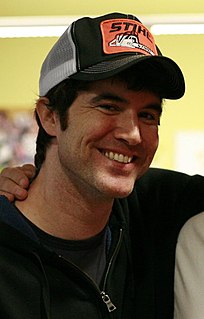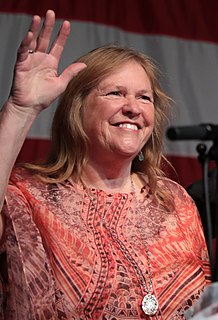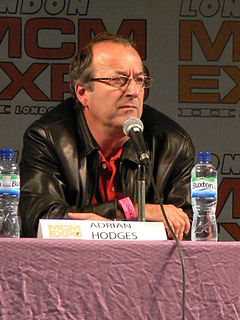A Quote by John P. Kotter
Good communication is not just data transfer. You need to show people something that addresses their anxieties, that accepts their anger, that is credible in a very gut-level sense, and that evokes faith in the vision.
Related Quotes
There is a sense of urgency and this is a time for teachers and I think that there is this psychic awareness with this new generation of seekers that they are here to teach and so that they really need to wake up fast, much like we did, because we know that we must show up at a very high level and so therefore I think that there is an unconscious sense of urgency like I need to do this and not just for me, but for something greater and they may not be able to put that into words, but they are experiencing it.
In one sense, Facebook is very focused as an address book, as efficient communication. It's like e-mail or like IM or something like that. And we do those things, too, but we do so much more. We try to focus on the whole world and all the things that people are interested in, rather than just people to people, or one to one communication.
One of the myths about the Internet of Things is that companies have all the data they need, but their real challenge is making sense of it. In reality, the cost of collecting some kinds of data remains too high, the quality of the data isn't always good enough, and it remains difficult to integrate multiple data sources.
Anger makes people feel uncomfortable, because the minute somebody shows it, it puts you in a position where you can't laugh or make light of something... not to trivialise it I don't mean. But your reaction to anger is supposed to be fear or returned anger. So, you're really trying to control a situation when you show anger and it's a very weak position to take. It often works on people who aren't in a position to fight back.
I think that if you just kind of try to throw together a sketch show, but you don't have any real vision for what you want to do with the sketch, I don't think your chances are very good. You know, "Let's just have a sketch show!" You have to do something different with it; you have to reinvent that form every so often.
The main thing that I've learned, artistically, is that if I'm in pain and feeling the budding of anger - if I absolutely feel like I need to write a song about it, I'll either need to transform that anger into something positive, or I'll just need to throw the song away. Because eventually, I'm going to want to transcend that pain and that anger.
There is something to be said for one vision and following one vision through. I do think it's something TV will catch up to at some point and realize, 'Wow, we're in the Golden Age of Television right now; we've taken television to another level, but now let's take it to an even higher level where it is one vision throughout a whole season.'




































